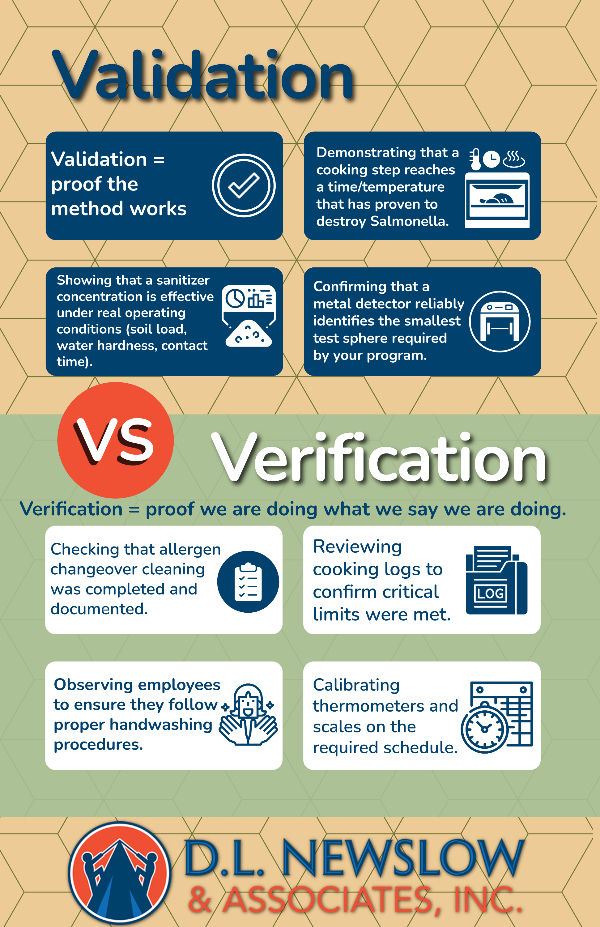Microplastics in our Seafood and Food Safety
- M. DuBose

- Dec 6, 2023
- 4 min read
Did you know the Seafood you eat might contain tiny pieces of plastic? Will microplastics be a food safety issue in the future?

According to several articles that we have read, it appears that microplastic pollution is a serious threat to marine life and human health. Microplastics are small plastic fragments that are less than 5 millimeters in size. They can come from various sources such as plastic bags, bottles, fishing nets, cosmetics, and clothing. Microplastics can end up in the ocean through wastewater, stormwater runoff, or direct dumping. Once in the water they can be ingested by marine animals such as fish, crustaceans, and mollusks.
Mollusks are especially vulnerable to microplastic pollution because they filter substantial amounts of water to feed on plankton and other microscopic organisms. A recent study by researchers from the Institute of Environmental Science and Technology, found that mollusks, such as mussels and oysters, are the most affected by microplastic pollution among all marine animals. The study analyzed more than 300 samples of varied species of mollusks from 12 regions around the world. The results showed that 99.7% of the samples contained microplastics, with an average of 0.7 microplastic particles per gram of tissue.
This is alarming because mollusks are not only an important part of the marine food web, but also a popular source of protein for humans. According to the Food and Agriculture Organization (FAO), more than 15 million tons of mollusks were produced for human consumption in 2018. That means we could be eating a lot of plastic without even knowing it. This is where the future food safety concerns come in. Although there is not enough data yet to determine the exact effects of microplastic on human health, some experts have raised some possible risks. For example, microplastic could cause inflammation or damage in our gastrointestinal tract, or they could transfer contaminants or toxins into our bloodstream. Microplastics could also interfere with our hormonal balance, metabolism, and even cause cancer.
So, what can we do to prevent or reduce the impact of microplastics on our food and health? According to these articles, there are some actions that we can take at both individual and collective levels. For instance, we can:
Reduce your use of single-use plastic products, such as bags, bottles, straws, and cups. You can opt for reusable alternatives instead.
Avoid buying or using personal care products that contain microbeads and check the labels for ingredients such as polyethylene or polypropylene.
Choose buying natural fabrics over synthetic ones. Wash your synthetic clothing less frequently and use a filter or a bag to catch the microfibers that are released during washing.
Dispose of your plastic waste properly and recycle whenever possible.
Support organizations and initiatives that are working to clean up the oceans and raise awareness about microplastic pollution.
Educate ourselves and others about the issue of microplastic and its implications for food safety and health.
I hope this blog post has given you some insight into the problem of microplastics and how it may be affecting our food and health. Educating ourselves is always effective. It is important to be aware of this issue and take action to protect ourselves and the environment. We do not want to be alarmist, but from the research we reviewed, we felt that this is important information to share. Please share your comments with us on this below. Does anyone have any other research to share on this? Please do not forget to SUBSCRIBE to our D.L. Newslow blog for more updates. Thanks for reading!
This week's spotlight!
Our self-paced online training courses are designed to help you comply with a wide range of FDA regulations. We work with professional auditors, consultants, trainers, assessors, and business executives with decades of international experience to develop and instruct each course. We also partner with many industry organizations to provide approved and certified training. Thanks to the quality of our courses and global professional partnerships, Registrar Corp’s Online Training platform has earned a 4.7/5 rating on TrustPilot.
This year, Registrar Corp is offering an end-of-year discount for companies that want to “stock up and save” on online training before 2024. Stretch your training budget even further by saving 20% on our food safety, medical device, and cosmetics courses (some exclusions apply) from now through December 31.
Choose single courses or invest in a team or company food safety training package for 2024. Courses are available 24/7 for 12 months from the date of purchase, so you and your staff will have all year to access and pass your online training.
To save 20% on your next end-of-year online training purchase, use the promo code NEWSLOWEOY2023 during checkout. <---Click here for savings.
Ref:




Comments